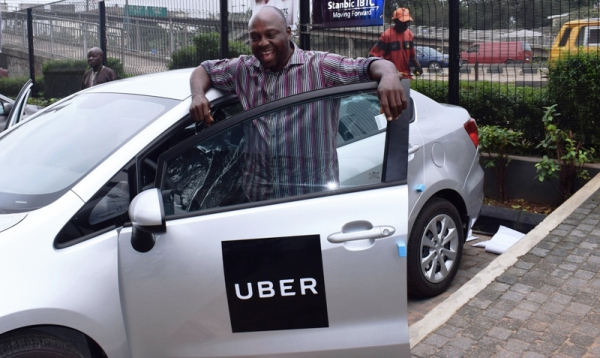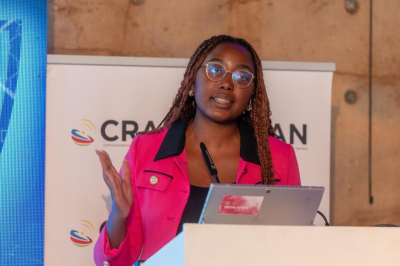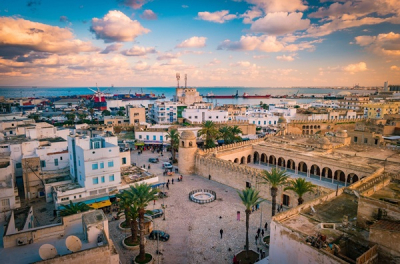Since its arrival in the South African market nine years ago, Uber has gradually expanded its services on the continent covering eight other countries. In the coming years, it plans to add more to its continental markets.
US ride-hailing company Uber announced, Tuesday, September 6, its launch in eight African cities with new products and features. According to the company's statement, the cities are located in Nigeria, South Africa, Ghana, Kenya and Ivory Coast, where it already operates.
“As we prepare to celebrate our 10th anniversary next year, we’re excited to move into more cities so people can go wherever they want and get whatever they want. Our commitment to raising the bar on safety remains unwavering, and we continue to work hard to grow the more than 3 million earning opportunities we’ve created so far,” said Kagiso Khaole, general manager of Uber Sub-Saharan Africa.
The company's expansion into new markets comes with the introduction of new services such as UberX Share, Uber ChapChap Share, UberXL, UberXL Reserve and Uber Van Reserve. The new services offer riders the opportunity to save up to 30 percent off the normal ride price. Some services such as UberXL Reserve and Uber Van Reserve will allow riders to book their group trips 30 days in advance.
Since its arrival in Africa in August 2013, Uber has been steadily rolling out new features to attract customers. Three new safety features will be announced in the coming months, including audio recording (in South Africa), we learn. The audio recording feature will allow users and drivers to record and share audio during the ride to serve as evidence in case of safety incidents.
Uber's presence in these eight new cities - namely Owerri and Akure in Nigeria; Eldoret, Kisumu, Nakuru, and Naivasha in Kenya; and Tamale and Sunyani in Ghana - will create new economic opportunities in Africa.
In an article published on May 26, 2022, by South African Daily Maverick, Mpho Sebelebele, Uber's communications manager for South Africa, indicated that the ride-sharing company has created more than six million economic opportunities in over 50 sub-Sarahan African cities since 2013.
Samira Njoya



















